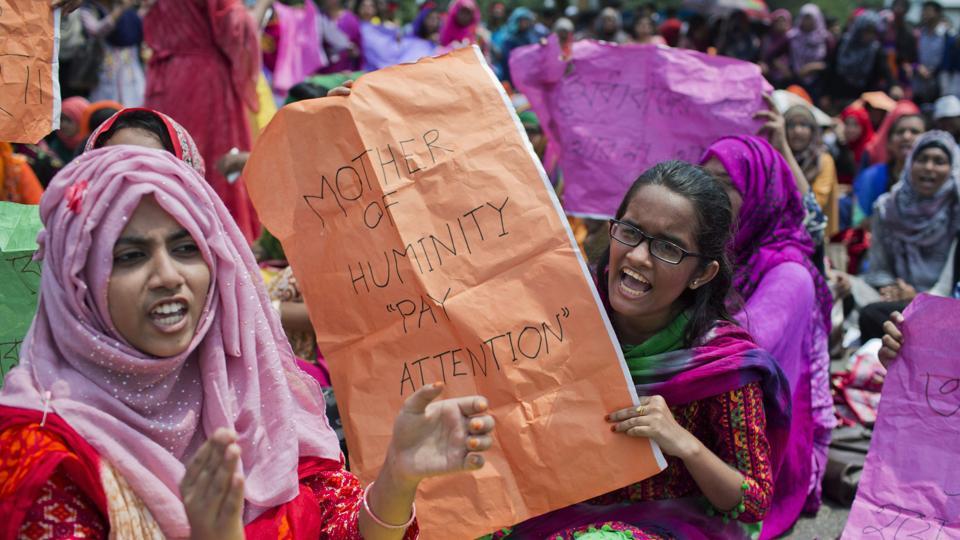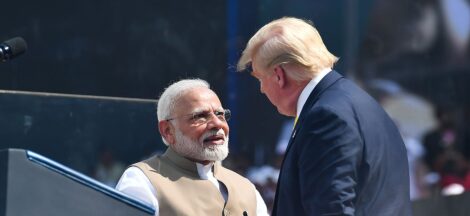Bangladesh’s Supreme Court has significantly revised a contentious job quota system, a decision that follows widespread protests and deadly clashes. The ruling reduces the percentage of government jobs reserved for certain groups, a measure that had been a source of intense debate and violence.
The court’s decision impacts the allocation of public sector positions, which had previously been set aside for various categories, including people with disabilities, ethnic minorities, and other disadvantaged groups. The reform now limits these quotas, aiming to balance meritocracy with affirmative action. This change comes in response to criticism from multiple fronts, including claims of discrimination and inefficiency.
Protests erupted in several cities following the introduction of the quota system in 2018. Demonstrators argued that the system disproportionately favored certain groups, leading to allegations of unfairness and inefficiency in the recruitment process. These protests sometimes turned violent, resulting in numerous injuries and several deaths. The decision to scale back the quotas is seen as an attempt to address these grievances and restore public order.
The government has supported the court’s decision, stating that the move will enhance transparency and merit-based recruitment. Officials argue that the previous system led to a bloated and ineffective public sector, which hampered overall governance and service delivery. By reducing the quota, the administration hopes to create a more competitive environment for job seekers.
Opposition groups, however, have expressed concerns that the reduction in quotas will marginalize already vulnerable groups. They worry that the new system will undermine efforts to provide equitable opportunities for underrepresented populations. Advocates for social justice argue that the previous quota system was an essential tool for addressing historical inequalities and providing a level playing field in the job market.
This legal adjustment has sparked a new wave of discussions about the balance between meritocracy and social equity. Experts suggest that while the court’s ruling may address some immediate concerns, it also raises important questions about how best to ensure fair representation and opportunities for all segments of society.
The court’s decision comes at a time of significant economic and political challenges for Bangladesh. The country is navigating complex issues related to economic growth, poverty alleviation, and social justice. The reforms to the job quota system are part of a broader effort to streamline public sector operations and address systemic issues that have long plagued the country’s governance.
The impact of this ruling will likely unfold over the coming months as the new quota regulations are implemented and assessed. Observers will be watching closely to see how the changes affect public sector employment and whether they lead to the intended improvements in governance and efficiency. Additionally, the response from civil society and the affected groups will be critical in determining the overall success and fairness of the new system.
The Supreme Court’s decision to reduce the job quota marks a significant shift in Bangladesh’s approach to public sector recruitment. While aimed at addressing criticisms of the previous system, the reform also raises important questions about the balance between merit-based hiring and equitable representation. The unfolding developments will be closely monitored as the country navigates these complex and sensitive issues.




 Biden Announces Withdrawal from 2024 Presidential Race
Biden Announces Withdrawal from 2024 Presidential Race 